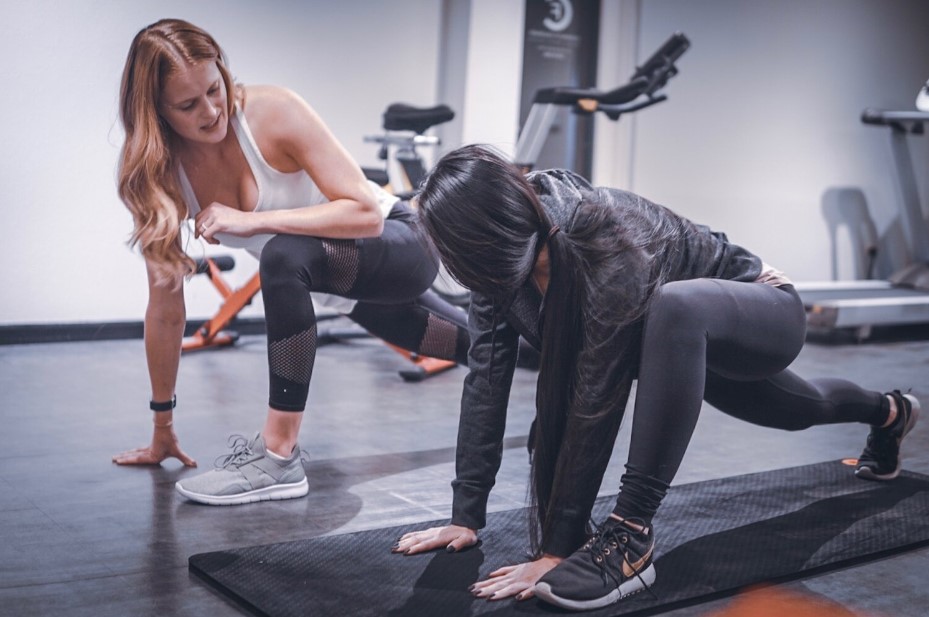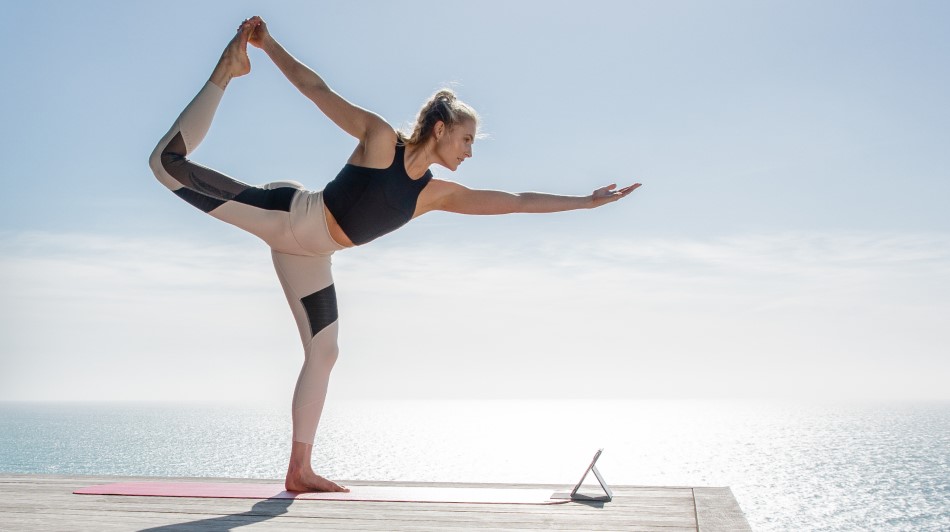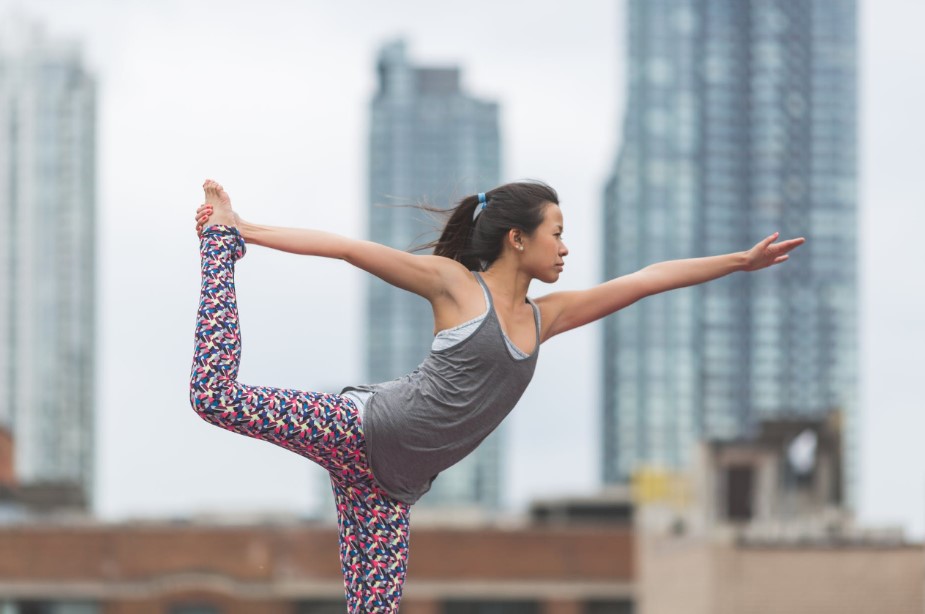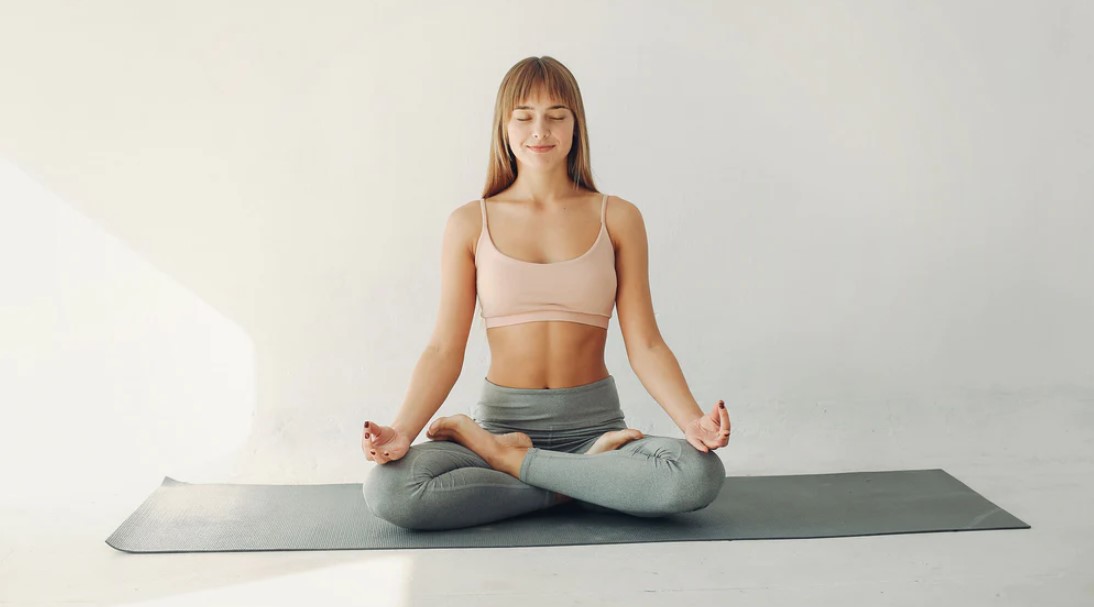The Benefits of Incorporating Yoga
Yoga has become increasingly popular as a form of exercise and relaxation, and for good reason. Incorporating yoga into your fitness routine can bring about a multitude of benefits for both your physical and mental well-being. In this article, we will explore the various advantages of practicing yoga and how it can positively impact your overall health.
What is Yoga?
Yoga is an ancient practice that originated in India and has been around for thousands of years. It combines physical postures, breathing exercises, and meditation to promote strength, flexibility, balance, and relaxation. Unlike high-intensity workouts, yoga focuses on the mind-body connection and emphasizes mindfulness and self-awareness.
Physical Benefits of Yoga
Improved Flexibility
One of the primary benefits of practicing yoga is improved flexibility. Regular yoga practice helps to stretch and lengthen muscles, making them more supple and increasing your overall range of motion. With increased flexibility, you may find that daily activities become easier and your risk of injuries decreases.
Increased Strength and Muscle Tone
Contrary to popular belief, yoga is not just about flexibility; it also helps build strength. Many yoga poses require you to support your body weight, which can lead to increased muscle tone and improved overall strength. As you progress in your yoga practice, you may notice that your muscles become more defined and toned.
Better Posture
Sitting at a desk or engaging in sedentary activities for extended periods can lead to poor posture and back pain. Yoga can help correct these issues by strengthening the muscles that support proper posture. Regular practice can enhance your body awareness, allowing you to maintain a more upright and aligned posture throughout the day.
Mental and Emotional Benefits of Yoga
Stress Reduction
In today's fast-paced and stressful world, finding effective ways to manage stress is crucial. Yoga provides a powerful tool for stress reduction. The combination of physical movement, deep breathing, and meditation helps activate the relaxation response in your body, reducing stress hormones and promoting a sense of calm and tranquility.
Enhanced Mental Clarity
Yoga also has a positive impact on mental clarity and focus. The practice encourages mindfulness and being present in the moment, which can improve concentration and cognitive function. Regular yoga sessions can help clear the mind, allowing for better decision-making and problem-solving abilities.
Improved Mood and Emotional Well-being
Yoga is known to boost mood and promote emotional well-being. The physical activity and deep breathing stimulate the release of endorphins, the body's natural mood-enhancing chemicals. Additionally, yoga practice often incorporates positive affirmations and mindfulness exercises, which can help cultivate a positive mindset and emotional resilience.
Yoga for Weight Loss
While yoga may not be as intense in terms of calorie burn as some other forms of exercise, it can still contribute to weight loss. Yoga helps increase metabolism, build lean muscle mass, and improve overall body composition. Furthermore, the mindfulness aspect of yoga can promote healthier eating habits and a more mindful approach to nourishing your body.
Yoga for Injury Prevention and Rehabilitation
Yoga can be an excellent complement to injury prevention and rehabilitation programs. The controlled movements and focus on proper alignment in yoga help strengthen muscles, improve joint stability, and enhance overall body awareness. Whether you're recovering from an injury or aiming to prevent one, incorporating yoga into your routine can be beneficial.
Yoga for Better Sleep
If you struggle with sleep-related issues, incorporating yoga into your fitness routine may help improve your sleep quality. The relaxation and stress-reducing effects of yoga can calm the mind, ease physical tension, and prepare your body for a restful night's sleep. Specific poses and breathing exercises can promote relaxation and encourage a sense of tranquility before bedtime.
Yoga as a Complement to Other Exercises
Yoga can be an excellent complement to other forms of exercise. Whether you're a runner, weightlifter, or participate in any other physical activities, incorporating yoga can enhance your performance and prevent injuries. The stretching and strengthening aspects of yoga can improve flexibility, balance, and overall body conditioning, helping you excel in your chosen activities.
Yoga for Mindfulness and Self-Awareness
Beyond the physical benefits, yoga is a powerful tool for cultivating mindfulness and self-awareness. Through the practice of yoga, you learn to listen to your body, connect with your breath, and become attuned to your thoughts and emotions. This heightened awareness can extend beyond your yoga mat and positively impact various aspects of your life.
Note: Incorporating yoga into your fitness routine offers a wide array of benefits for both your body and mind. From improved flexibility and strength to stress reduction and enhanced mental clarity, yoga provides a holistic approach to wellness. By dedicating time to this ancient practice, you can experience the transformative effects it has on your overall health and well-being.
FAQs
1. Can I practice yoga if I'm not flexible?
Absolutely! Yoga is accessible to people of all fitness levels and body types. It's not about being flexible from the start, but rather about gradually improving your flexibility over time through consistent practice.
2. How often should I practice yoga?
The frequency of your yoga practice depends on your personal goals and schedule. Starting with a few sessions per week and gradually increasing to daily practice can yield significant benefits. Consistency is key.
3. Do I need any special equipment to practice yoga?
While a yoga mat is recommended for comfort and stability, you don't need any special equipment to practice yoga. Comfortable clothing that allows for freedom of movement is all you really need.
4. Can yoga help with back pain?
Yes, yoga can be highly beneficial for managing and preventing back pain. Certain poses can stretch and strengthen the muscles supporting the spine, relieving tension and promoting better posture.
5. Is yoga suitable for all ages?
Yes, yoga can be practiced by people of all ages. It's essential to choose appropriate classes or modifications that suit your age and physical capabilities. Consult with a qualified instructor to ensure a safe practice.



















































No comments